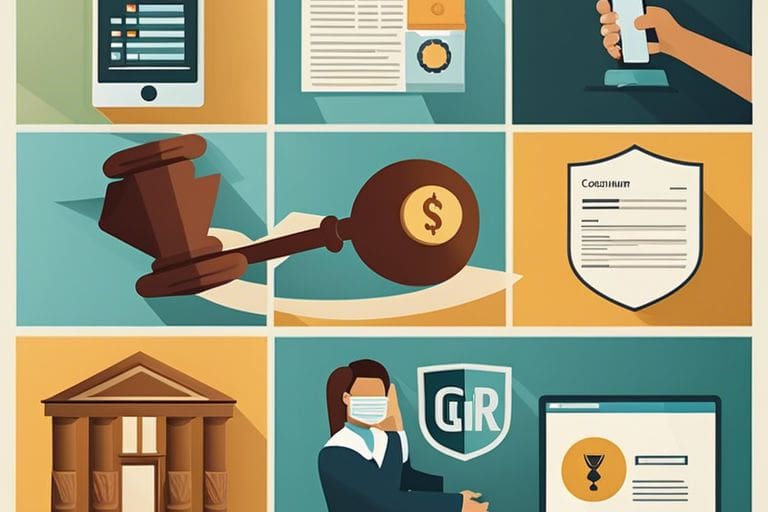Master Consumer Protection: Understanding Your Legal Rights and Recourse Options
Consumer protection is a crucial aspect of the legal landscape that safeguards individuals from unfair, deceptive, and fraudulent practices in the marketplace. Understanding your legal rights and the recourse available to you ensures that you can effectively address any violations and secure the protection you deserve. This comprehensive guide delves into the essential aspects of […]
Read More
